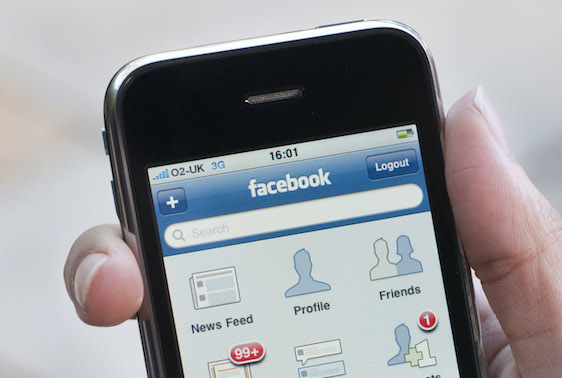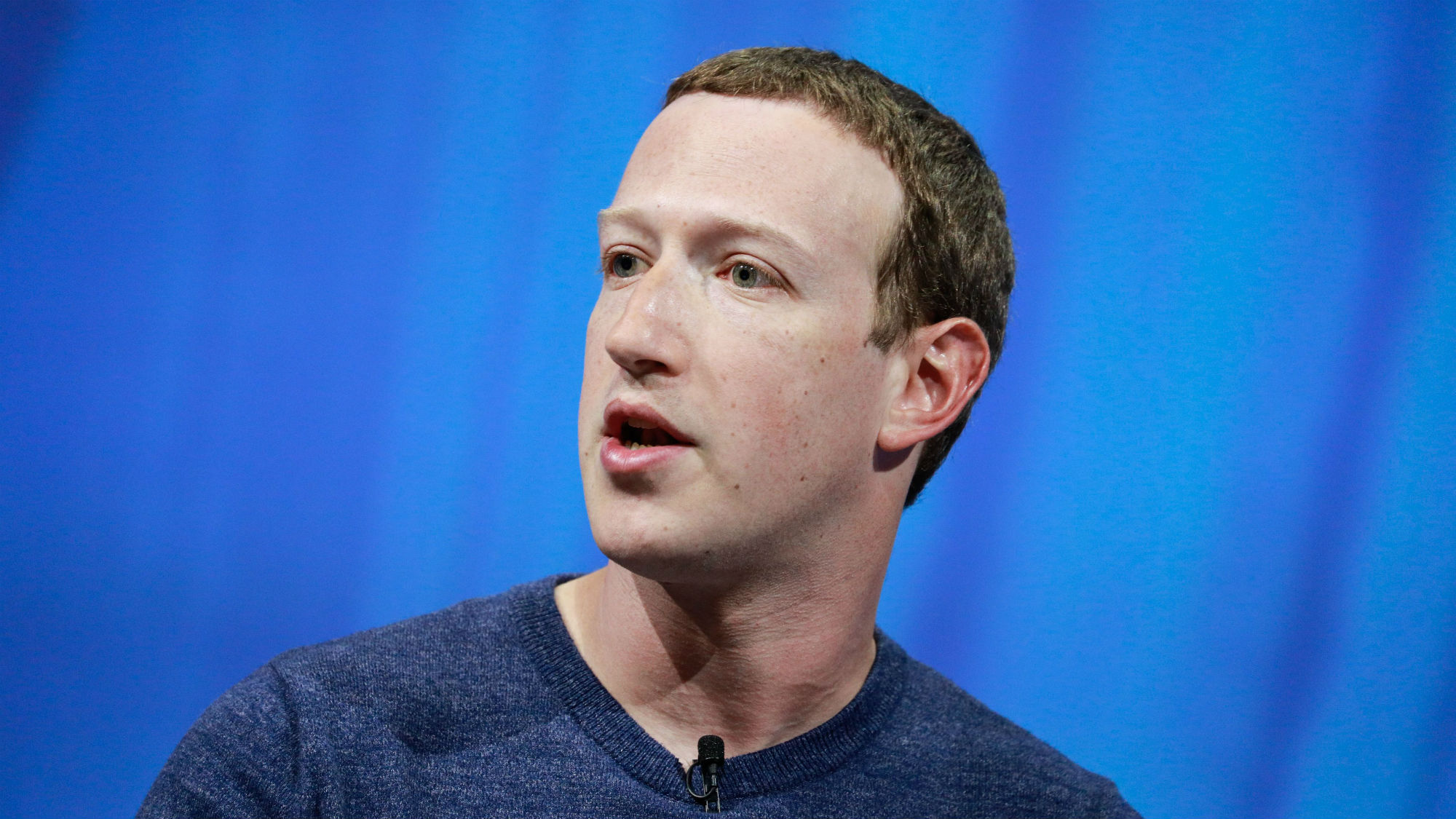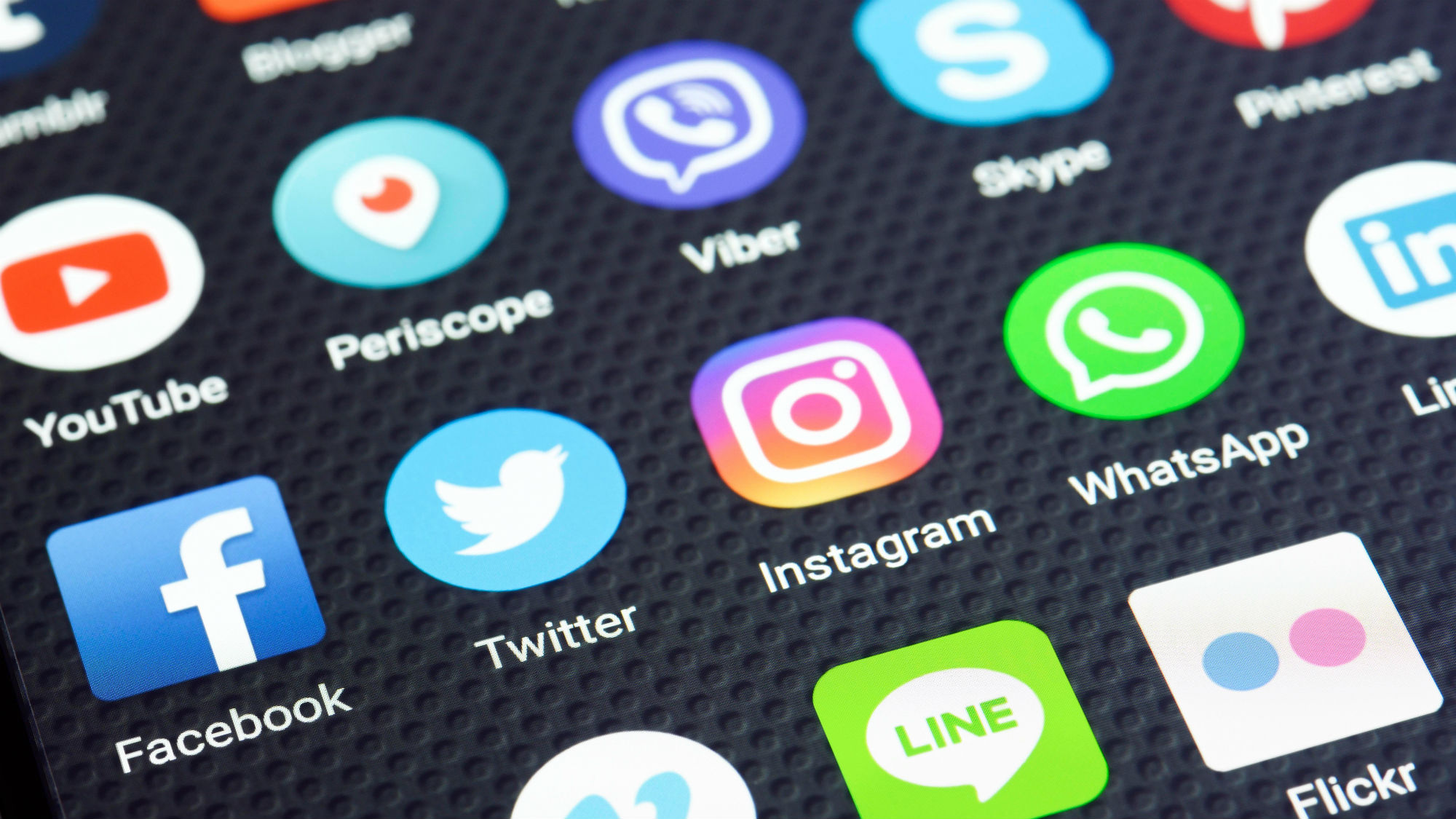Why you need to take charge of your data
The real price we pay for social media is being constantly tracked and having our personal data harvested. Alix O’Neill attempts to reclaim her privacy online

The real price we pay for social media is being constantly tracked and having our personal data harvested. Alix O’Neill attempts to reclaim her privacy online
Poor Mark Zuckerberg is having a rough time. Even before the scandal that rocked his digital empire earlier this year, younger users were getting Facebook fatigue. In February, eMarketer predicted that more than 3 million under-25s would either quit or stop using the platform regularly in 2018. Just a month later came the Cambridge Analytica (CA) furore, when an undercover investigation revealed the company (now closed) had inappropriately collected data from 87 million Facebook profiles – and used it to influence voter opinion in the US general election.
I lost interest in Facebook when my newsfeed started to feature nothing but babies and Brexit rants. But I’m obsessed with Instagram, which, like WhatsApp, is also part of the sprawling Zuckerberg empire. When an acquaintance asked me about a recent trip to Paris and enquired after my son (who she’s never met) it made me question how much of my life I was putting out there – and how this personal information might be manipulated. Social media is supposed to be about connection and community, yet our online identities are being used for political and commercial gain. But is deleting Facebook the answer? With its global reach extending beyond the original network, it seems impossible to fully disengage. We can, however, be savvier about what we share.
How do companies exploit data?
In 2014, 270,000 people used an app, This Is Your Digital Life, on Facebook to take a quiz. Disturbingly, this information was used by CA to build psychographic profiles of voters in the US. ‘Every time you logged into Facebook, played a game or took a test or survey, some of your data was harvested by a third party,’ explains Eva Blum-Dumontet, of the charity Privacy International. ‘Many companies then sold or shared that information. For the majority of people, their data ended up in Cambridge Analytica’s hands, not because of anything they clicked on or agreed to but because their friends downloaded the app.’
Our online behaviour is monitored 24/7, as advertisers develop new methods to exploit the cookies system. That Rixo dress you checked out? Expect it to stalk you around the web for the next six months. ‘Companies use data to invisibly manipulate, influence and persuade,’ warns Blum-Dumontet. ‘If you’re worried that Facebook apps have harvested user data, you should be more concerned about the way in which data brokers are tracking and profiling you. They can learn about your habits, personality, sexual preferences, political beliefs and more.’
Should I delete Facebook?
The social-media giant has clamped down on how much of our information is passed to third parties, but that didn’t stop a huge online campaign to #DeleteFacebook. Surprisingly, the user exodus failed to make a dent in Zuckerberg’s pocket. He was $3 billion richer after being grilled by Congress on the company’s role in the scandal. Clearly, the world’s largest social network isn’t going anywhere any time soon. ‘It was poor practice that Facebook relied on CA’s assertion that it had deleted the data,’ says Kate Bevan, editor of Which? Computing. ‘But, realistically, they can’t police every third-party organisation that works with data on its platform.’ The violation of personal information is just one of the worries, says Bevan. ‘I’m more concerned about Putin’s troll army and fake news factories. These tools in the hands of the unscrupulous are powerful.’
Instead of deleting your account, Bevan suggests making it more private. Ensure your posts are set to ‘friends only’ and change your settings so you have to approve tags with you in other people’s posts. Also, if you are admin of any groups, make them closed or secret. On Bevan’s advice, I check my settings. I’m already on ‘friends only’, but shocked to discover that anyone can access the email address and phone number I provided when setting up my account. But there doesn’t seem to be an option to keep them private – at best, I can choose ‘friends only’. I’m not sure I want the rickshaw driver I added to my network after a drunken night out years ago to have my number, but there isn’t much I can do.
Marie Claire Newsletter
Celebrity news, beauty, fashion advice, and fascinating features, delivered straight to your inbox!
It’s easy enough to make my groups private. I’m surprised how well Facebook knows me. Recommended groups include the Kate Bush Fan Club (my secret party piece – interpretative dancing to Wuthering Heights – not so secret) and one for motorhomes fans from my days as an intrepid caravan journalist. I can’t decide whether this is helpful or creepy.

Can you recall any data that’s already out there?
A subject access request (SAR) to Facebook allows you to find out which organisations have targeted you or scraped your data without your consent via a friend. You could then do SARs to each of those companies to find out what info they have and insist they delete it, says Bevan. ‘Companies are required to only hold on to relevant data. So if you’ve told a charity you’re cancelling your membership they have to remove your contact details and can’t email you in six months’ time asking if you want to rejoin,’ she says.
Facebook calls SARs ‘personal data requests’ and gives you instructions on how to download them. It seems simple enough. I click the arrow at the top right of my profile page, choose ‘Settings’, select ‘Your Facebook Information’ on the left-hand side, and then ‘View’ next to ‘Download Your Information’. From there, I can create a file with whatever info of mine I select. Hopefully, we might not need to take matters into our own hands. New European data-protection laws that came into force in May are likely to kill third-party data over time. Under GDPR (General Data Protection Regulation), consumers must be presented with clear terms for how their personal data is used – and a box they can tick to opt out. Tough punishments will be given to companies that fail to comply with the new rules.
How do I clean up my data footprint?
Review your privacy and advertising settings, not only on social media but also on your phone, advises Blum-Dumontet. If you have an iPhone, go to your settings and select ‘Privacy’ to decide which data your apps can use. Under ‘Advertising’, you can limit ad tracking. There are also Safari settings to block cookies and ask websites not to track you. Also consider using ad blockers like Ghostery and AdBlock, advises Blum-Dumontet.
It doesn’t take long to go through my phone. I turn off my location services and opt out of receiving ads targeted to my interests. So far, no one has tried to flog me a second-hand caravan. It feels good to take control, but I worry it’s not enough. ‘Ultimately it should be the companies’ responsibility to protect their users,’ says Blum-Dumontet. ‘Why should we have to be technical experts to ensure that third-party companies don’t exploit our data?’

Adjust your phone settings
Kate Bevan’s top tips on how not to be a target
Review your public profile On your desktop Facebook profile, click the three dots next to ‘Activity Log’ at the bottom right of your cover pictures, then ‘View As’. One of those is public, and you’ll see what non-friends can see if they look at your page. All your profile and cover photos are public, so go through your photos and make all of those you’re not using private. Check what else is visible: your date of birth, location, job title, etc. Those are the data points that CA scraped via your friends.
Quit quizzes These tell the maker of the quiz a lot about you and help advertising providers build profiles of the population. I freaked out a girl on a friend’s thread by telling her her date of birth, which was easy to work out from the quiz they were posting their results to. That kind of thing is a gift to identity thieves.
Check which apps you’ve authorised Many of these quizzes are actually apps and give the maker of them a lot of access to your data. Delete any you don’t need.
Limit your ‘likes’ Check what you’ve liked in the past and unlike as many of them as you can. Try to limit your interaction with brands on Facebook because many of these interactions are public.
Be selective with friends Look at how people can find you on Facebook. (Are you visible to search? Can people find you by searching your name, your email address or phone number?) Check that you’re not continuously uploading your contacts to Facebook via the Android or iOS app by turning off ‘Continuous Contact Upload’.
The leading destination for fashion, beauty, shopping and finger-on-the-pulse views on the latest issues. Marie Claire's travel content helps you delight in discovering new destinations around the globe, offering a unique – and sometimes unchartered – travel experience. From new hotel openings to the destinations tipped to take over our travel calendars, this iconic name has it covered.
-
 How are Trump’s tariffs affecting the fashion industry?
How are Trump’s tariffs affecting the fashion industry?The fluctuating situation in the US is having very real consequences
By Rebecca Jane Hill
-
 Here's every character returning for You season 5 - and what it might mean for Joe Goldberg's ending
Here's every character returning for You season 5 - and what it might mean for Joe Goldberg's endingBy Iris Goldsztajn
-
 Celine's new Selfridges pop-up is an ode to summers on the French Riviera
Celine's new Selfridges pop-up is an ode to summers on the French RivieraA one-stop-shop for the ultimate holiday wardrobe
By Clementina Jackson